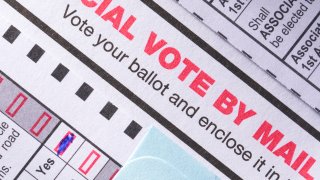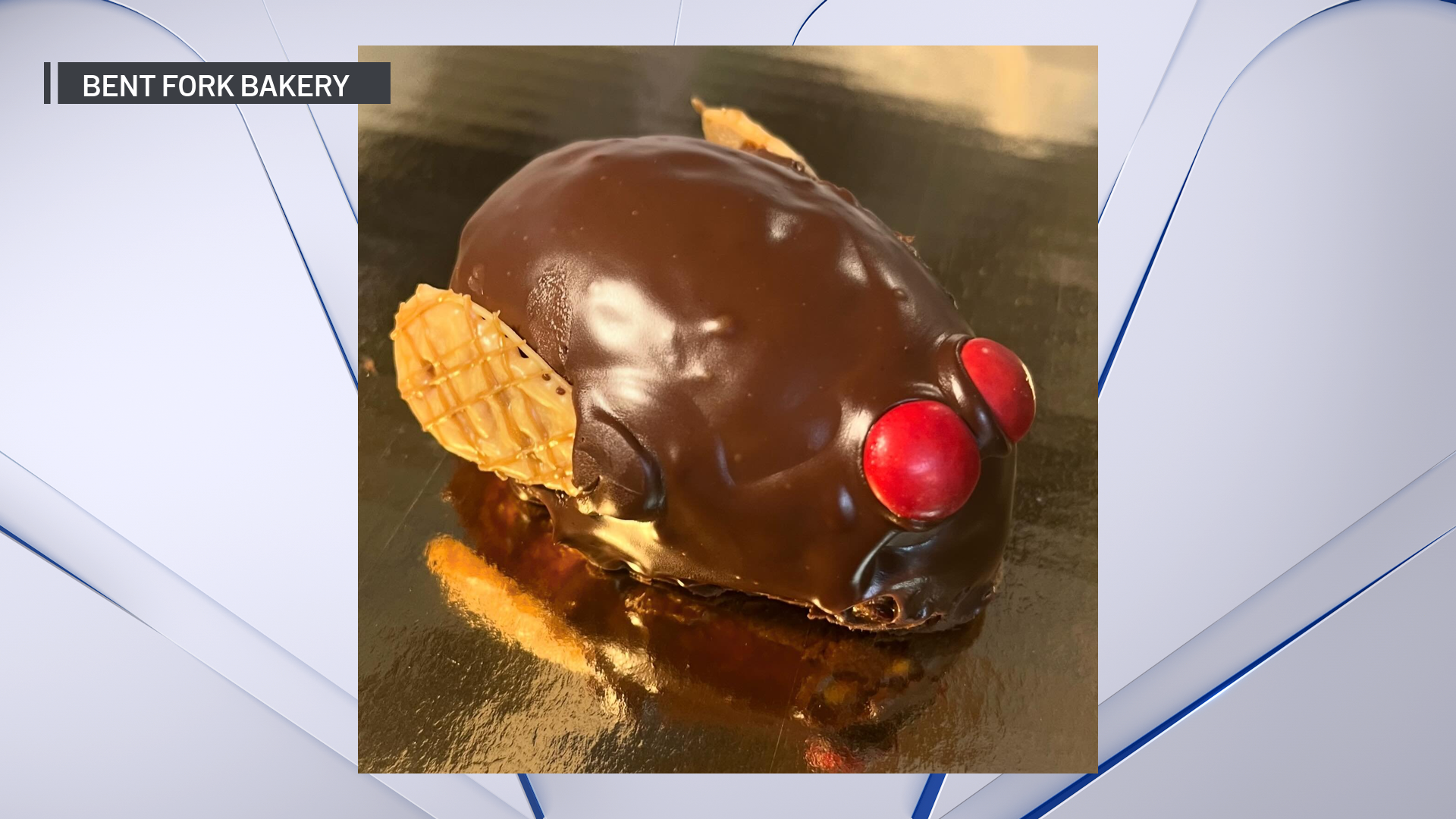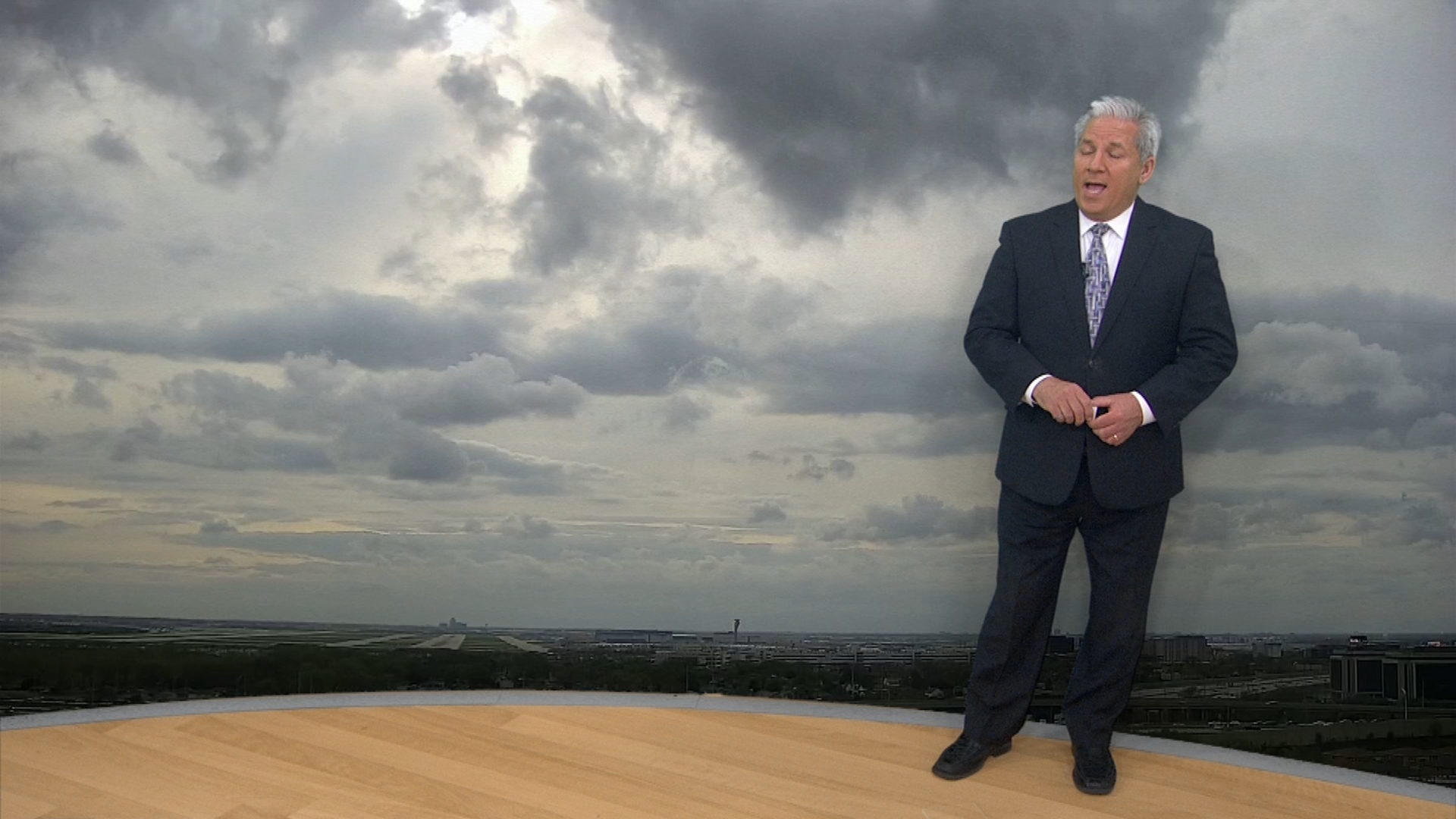
Indiana's first election to feature widespread mail-in balloting concludes Tuesday with an in-person primary that was delayed for four weeks due to the coronavirus pandemic.
Nearly 550,000 voters requested mail-in ballots — more than 10 times the number cast during the 2016 primary — after coronavirus concerns prompted officials to delay the primary originally slated for May 5.
VOTING ISSUES
Many counties have drastically slashed the number of polling sites that will be open Tuesday, prompting worries about confusion and long voter lines. Indianapolis will have 22 voting locations rather than its normal 270. St. Joseph County will have 12 sites open in and around South Bend; it had planned to have 120 before the pandemic struck.
Some county election administrators and candidates have said they are worried that thousands of mail-in ballots could go uncounted if they arrive at election offices after the noon Tuesday deadline. The huge increase in mail-in ballots also has election officials warning it could take more than one day to tally them all, possibly delaying determination of some primary winners.
Lake County Democratic Party chairman James Wieser said his county received more than 25,000 absentee ballots and that officials began counting them at 8 a.m. Tuesday. He was unsure when the count would be completed.
“I don’t expect we’ll be able to get through all of these today … I’m not ruling it out, but it doesn’t seem likely," Wieser said Tuesday morning.
Local
He said Lake County polling sites had seen only minor problems Tuesday, with two voting sites experiencing voting machine glitches that caused those sites to open less than an hour late.
As of noon, the only reported problem was long lines at some Marion County polling sites, Indiana Secretary of State's office spokesman Ian Hauer said.
“We have half the day left but it's been pretty typical, which is kind of surprising considering the atypical election that it's been," Hauer said.
Hauer said he fielded one call Tuesday from a citizen asking whether voters need to wear a face mask inside polling sites. While the secretary of state’s office is asking voters to wear face masks, he said the office isn’t requiring them to do so.
WHAT’S AT STAKE
In 2016, the Republican and Democratic presidential races weren’t settled ahead of Indiana’s primary. That drama — and voter draw — is missing this year.
Former Vice President Joe Biden is the last active candidate in the Democratic primary, although he hasn’t yet won enough delegates to secure the bid. Vermont Sen. Bernie Sanders is among nine candidates who are also listed on the party ballot.
Republican Gov. Eric Holcomb and Democratic business executive Woody Myers are unopposed for their party’s gubernatorial nominations for the November election.
5TH CONGRESSIONAL DISTRICT
The 15-candidate scrum for the Republican nomination to replace GOP Rep. Susan Brooks largely turned into a contest of Trump loyalty. The district has been a Republican bastion for decades, but Democrats are targeting it for the fall election as its suburban Indianapolis areas have become less solidly GOP.
Victoria Spartz has flooded TV screens and mailboxes with ads fueled largely by $900,000 she loaned to her campaign. That enabled Spartz to build name recognition as a first-time candidate after two years in the state Senate where she was picked by party activists to complete a retired senator’s term.
Spartz has also benefited from more than $400,000 in campaign spending by the Washington-based anti-tax Club for Growth, which paid for TV ads highlighting past criticisms of Trump by fellow candidates Carl Brizzi, a former Marion County prosecutor, and business owner Beth Henderson.
State Treasurer Kelly Mitchell, pediatric physician Chuck Dietzen and evangelical pastor Micah Beckwith are among the other candidates looking to emerge from the crowded GOP field.
Indiana Democrats, meanwhile, have largely backed former state Rep. Christina Hale, who was the 2016 Democratic lieutenant governor nominee, and she has already raised more than $1 million. Hale is being challenged by Dee Thornton, the party’s 2018 candidate for the seat, who has been endorsed by the Congressional Black Caucus PAC.
1st CONGRESSIONAL DISTRICT
Rep. Pete Visclosky’s retirement after 36 years in Congress prompted several prominent Democrats to square off for the chance to replace him in the party’s northwestern Indiana stronghold.
Five-term Hammond Mayor Thomas McDermott likely started with an advantage from his high-profile position, but Visclosky endorsed Frank Mrvan, a Lake County township trustee whose father is a longtime state senator.
Lake County makes up about two-thirds of the district’s ballots, and those will likely also be split among state Rep. Mara Candelaria Reardon of Munster, Gary attorney Sabrina Haake and Melissa Borom of Gary, a former Visclosky aide who has been endorsed by several members of the Congressional Black Caucus. Valparaiso attorney Jim Harper, who was the 2018 Democratic candidate for secretary of state, is the best-known candidate from outside Lake County.



